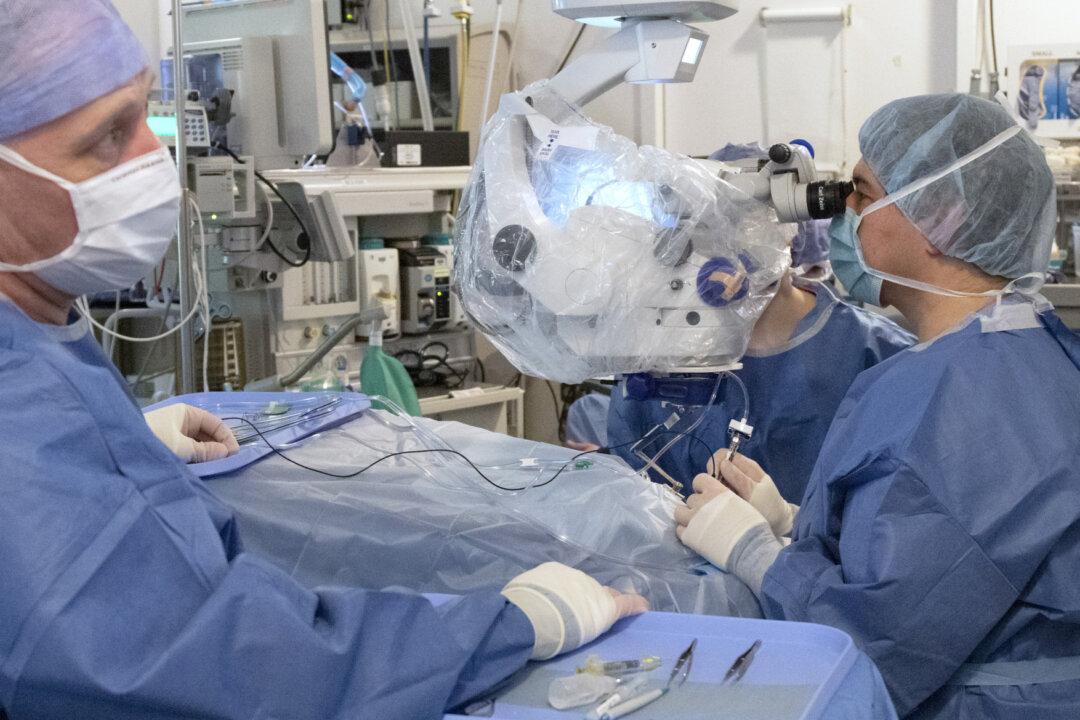The U.S. Food and Drug Administration (FDA) has approved a gene therapy to treat an inherited blood disorder, even as the agency earlier expressed concerns about the technology leading to “unintended” gene edits.
“Casgevy, a cell-based gene therapy,“ was approved ”for the treatment of patients 12 years of age and older with transfusion-dependent beta-thalassemia, an inherited disorder characterized by life-long anemia requiring frequent blood transfusions,” the FDA said in a Jan. 16 announcement.





